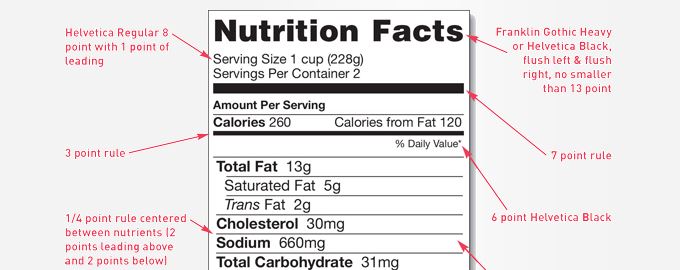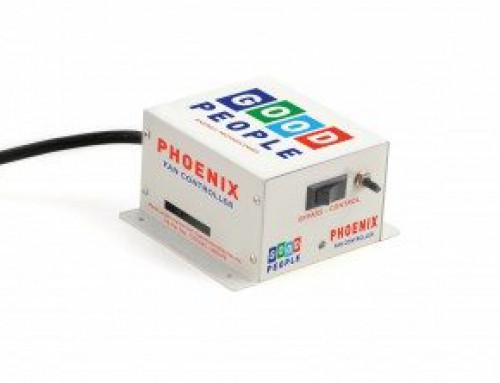Many food entrepreneurs don’t realize it, but a website that features your product is part of your labeling in the eyes of the Food & Drug Administration (FDA). If it is linked from your label (which it should be), so much the better. Even informational sites that aren’t directly hocking your product may get the FDA’s attention if they believe that consumers would see a connection. Recently, Facebook pages and other social media channels have fallen under labeling scrutiny too. And the FDA can come down hard on businesses that don’t treat their digital content with care.
A Website is Just a Big, Electronic Label and Advertisement All-in-One
The big issues that the FDA watches on websites and other digital media is nutritional and health claims. They want to make sure you aren’t claiming your cold pressed blueberry juice cures cancer—which would cause it to be regulated as a drug. If you say that your gourmet heirloom pickles are high in antioxidants, they have a legal definition of what that means and what needs to be on your label to prove it.
These kinds of claims are really tempting on a website where you have all kinds of room to wax philosophical about the awesomeness of your product. And well-meaning marketers are known to get a bit overzealous at times—exactly what the FDA is policing in the name of consumer information and safety. On social media, this stuff can get ridiculous. The comments don’t even have to come from you, they can come from your fans. The FDA has taken action against companies simply for “Liking” a comment or review that contains a health claim for their product.
If You Sell Direct, It’s a Label
If you sell your product directly from your website, then the FDA is likely to treat your website as a label. It does actually make sense, because that is the information the buyer will be using to make their purchase. So, all of the FDA required information, like the unit size, ingredients, manufacturer, and the nutritional label should be there. If you are using life-sized hi-resolution images of your packaging, that could be enough. But the best way is to make sure that all of that information is provided clearly on your product page, independent of the product photos.
If You Make a Claim, You Need the Backup
If you make any sort of ingredient or nutritional content claims on your website, then you should provide all of the label information to back it up. One of the rules about these claims is that the relevant ingredient and nutritional panel information has to be there to support it. So, even if your website doesn’t take orders for your product, you need to include all of the label information.
But I’m Exempt!
Small specialty food and beverage businesses get all excited about the FDA exemption from labeling requirements for small businesses. Yes, the exemption would apply to your website and other marketing materials if you qualify. But here’s the thing. That exemption is based on not really succeeding in a meaningful way with your product. If you really start selling, it goes away. And if you make any sort of claim (ingredient, nutritional, or otherwise), then the exemption no longer applies. Sooner or later, as your digital content grows, someone will make or endorse a claim and destroy your exemption.
Do Things Right from the Start
When it comes to labeling and consumer information, start as you mean to go on. The FDA regulations can be annoying, but they come from a relatively reasonable mission to provide accurate information to your customers. You should be on board with that and the little bit of extra effort to try to do it right from the beginning will help you more than having to change your ways, website, and label later.
Many small businesses fail to comply with FDA labeling and, frankly, it doesn’t matter. The FDA lacks the resources to really police small producers. They will never receive that chilling letter from the FDA telling them they are breaking the law. You can probably operate under the radar as long as you stay small, don’t generate much buzz, and don’t get randomly selected. But is that really what you want for your business?
I will also say that distributors, retailers, and consumers expect to see this stuff on your packaging and in marketing materials like your website. Giving it to them builds credibility and confidence in your product. There are inexpensive tools to help you and the FDA is pretty reasonable if you make an effort to do things right. So, why wouldn’t you?









Leave A Comment